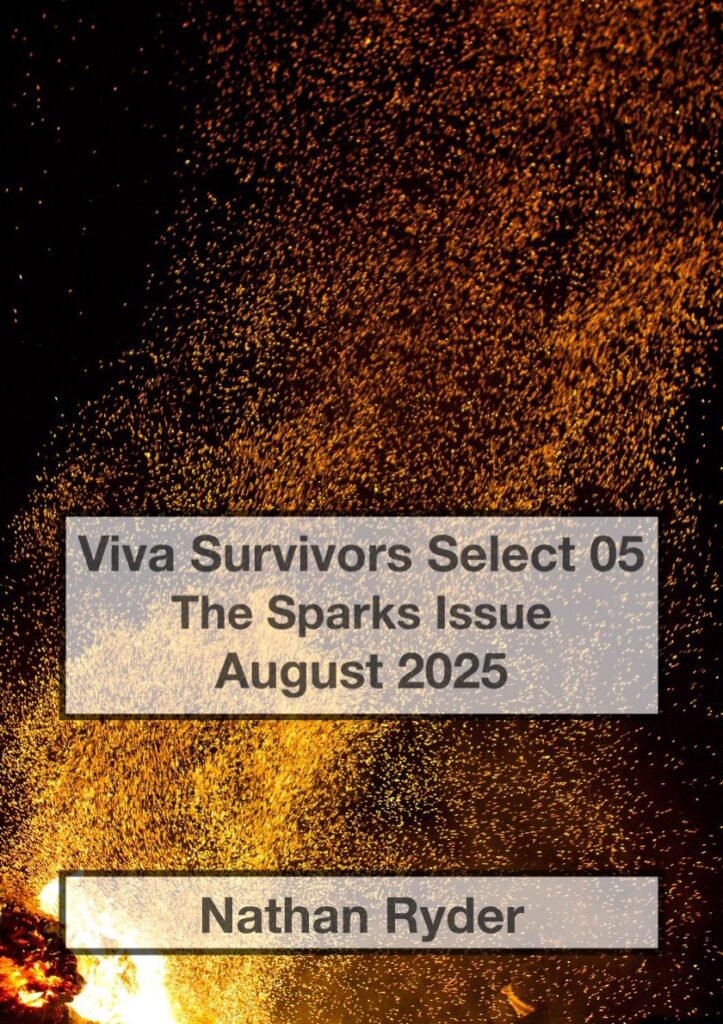Viva Survivors Select 05
In 2012 a little spark came to me: “I wonder if people would be interested in hearing viva stories from PhD graduates?”
Eight years ago I realised I couldn’t continue the podcast but wanted to use this space to still do something helpful. A spark: “I wonder if people would be interested in daily viva help?”
Sometimes before you have a concrete idea you have a spark, a what-if, an “I wonder…” that prompts action and leads to something good.
This kind of little notion is what lead to Viva Survivors Select 05, The Sparks Issue, which is out today. In over eight years I’ve written some very long posts and also quite a few short ones as well. For this issue I just wanted to look at those short posts with big helpful ideas.
The Sparks Issue contains twenty-five posts from the Viva Survivors archive covering a range of topics: viva prep, the PhD journey, building confidence and a lot more. As with previous issues of Viva Survivors Select I’ve also written two new pages: a helpful reflection on how the little things in your PhD journey can have an impact and an original reflective writing game to explore how you’re feeling as you get ready for your viva.
Viva Survivors Select 05 is out now for £3 and joins the first four issues in this ongoing project of monthly viva help. If you like the blog, want more help and want to support what I do then please take a look at and consider buying The Sparks Issue.
Please do pass on details of this issue and Viva Survivors Select to anyone you know who is looking for viva help.
Thanks for reading!
Nathan
